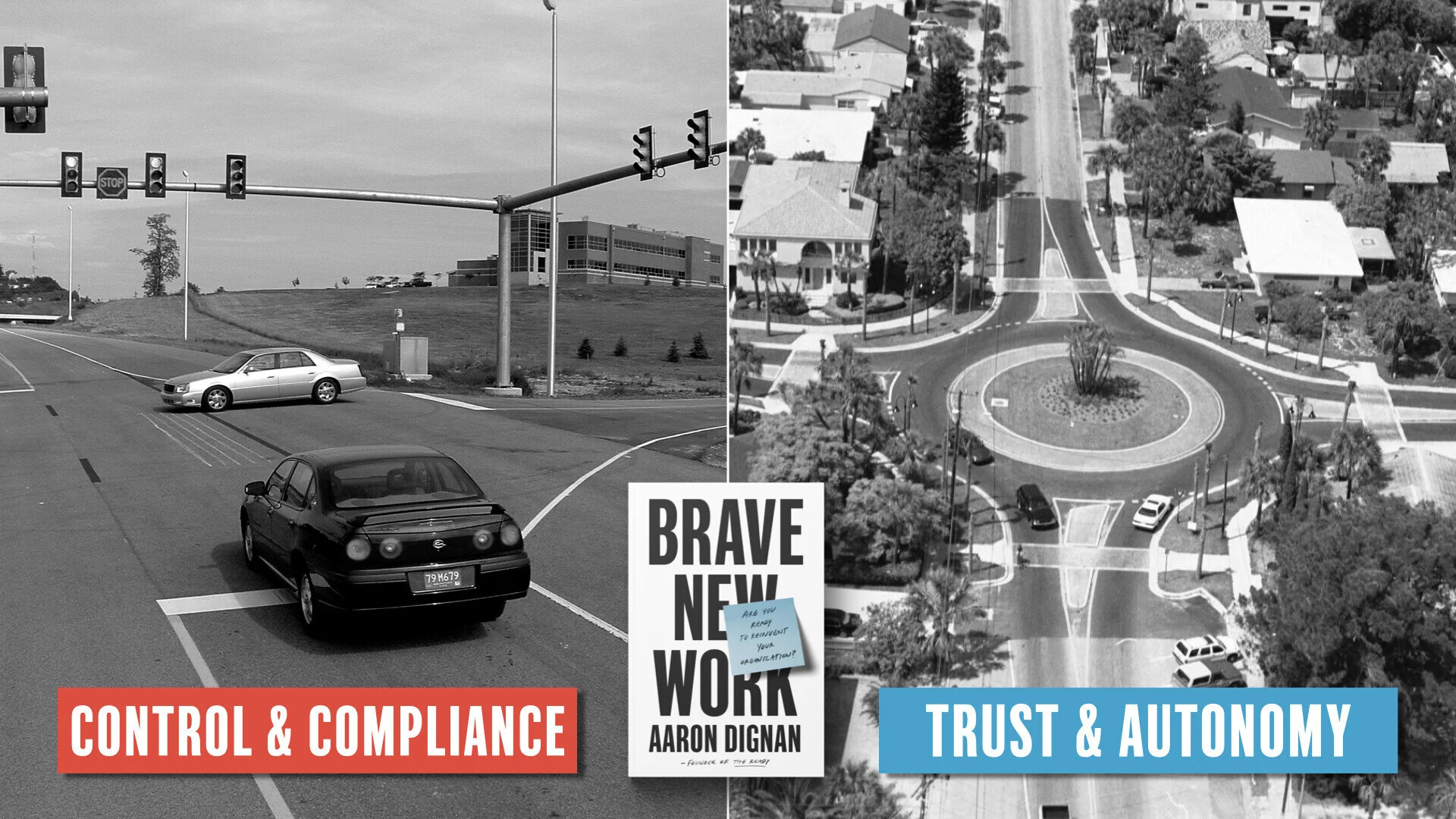Being in a culture of equality calls for being able to navigate on my own. In school, in society, at work …
Does this mean I “shouldn’t” ask others for advice? I’d say almost the opposite – when I ask I will still have to decide whom to ask and what I do with what I’ve found.
How did the rose
– Hafez
Ever open its heart
And give to this world
All its beauty?
It felt the encouragement of light against its being –
Otherwise we all remain
Too frightened
